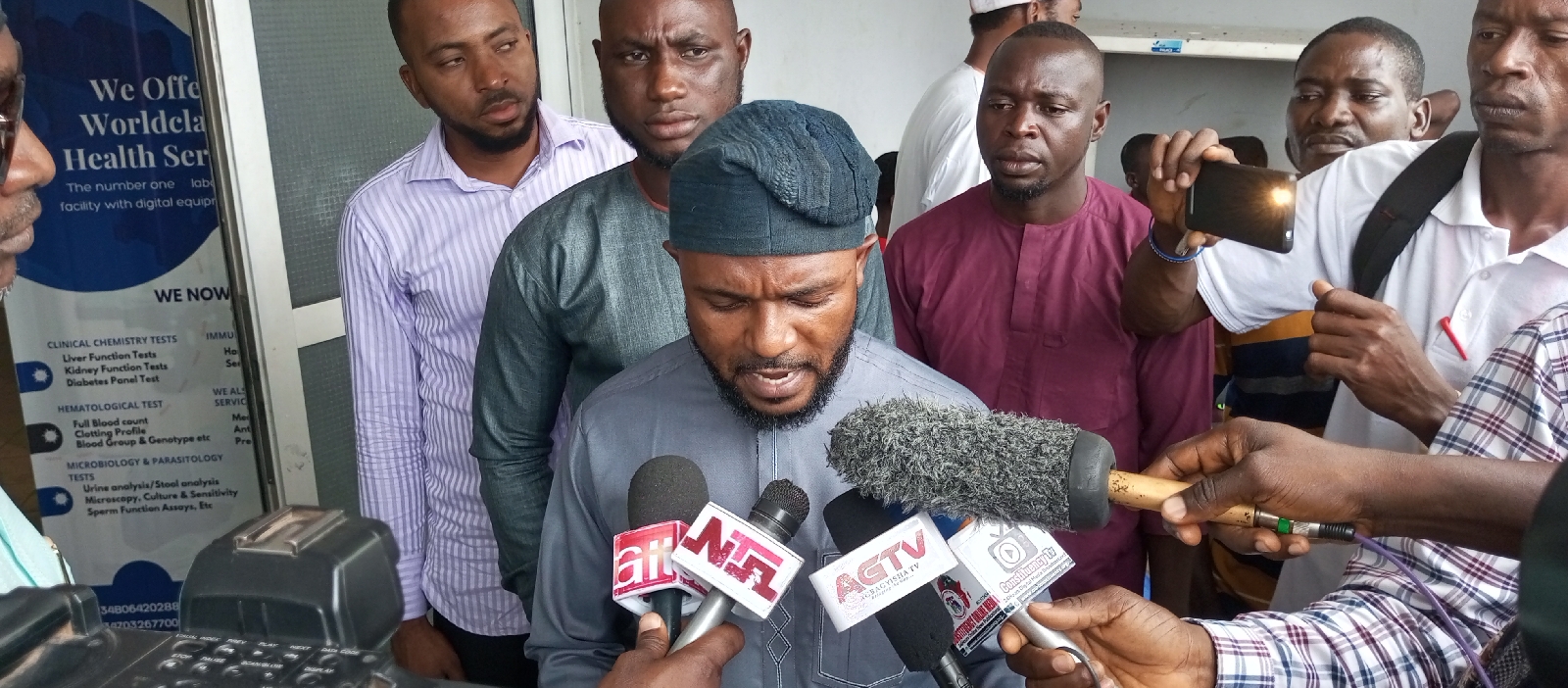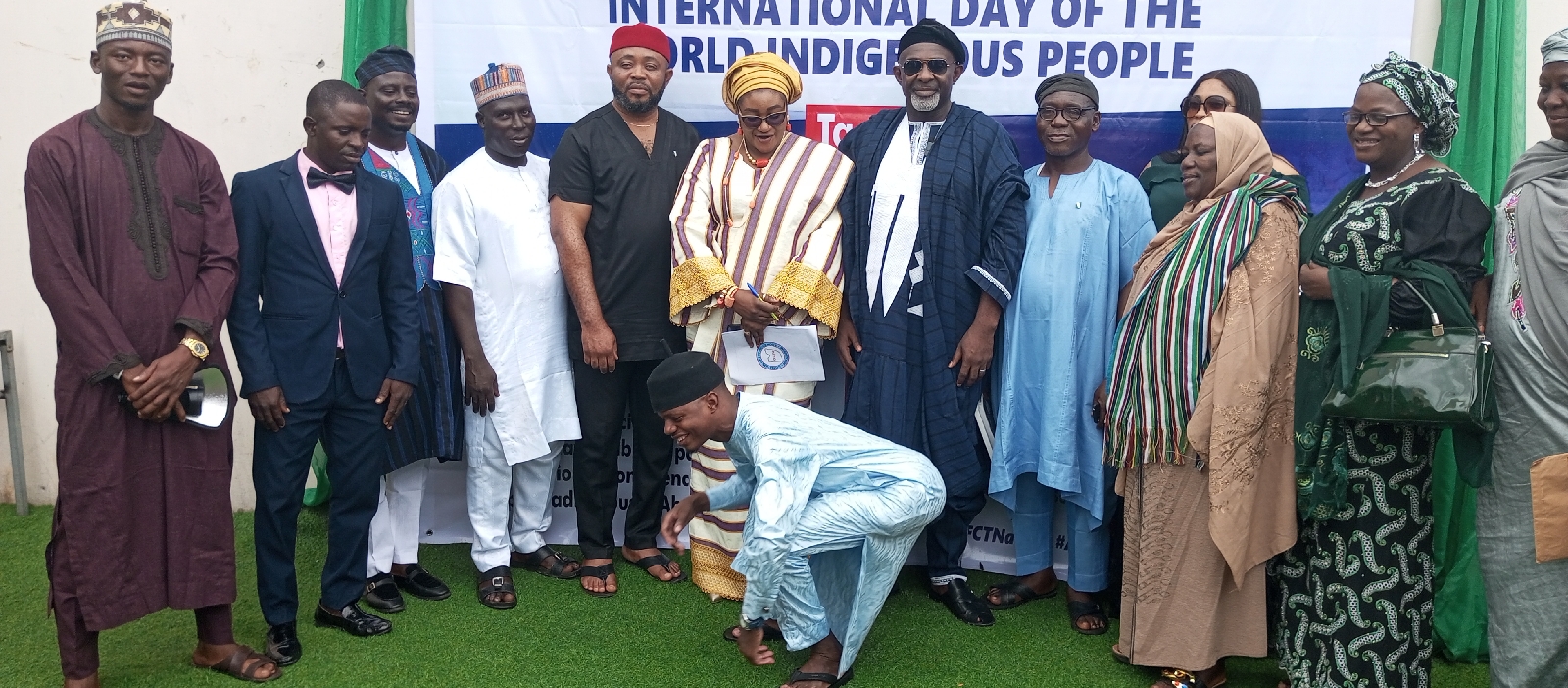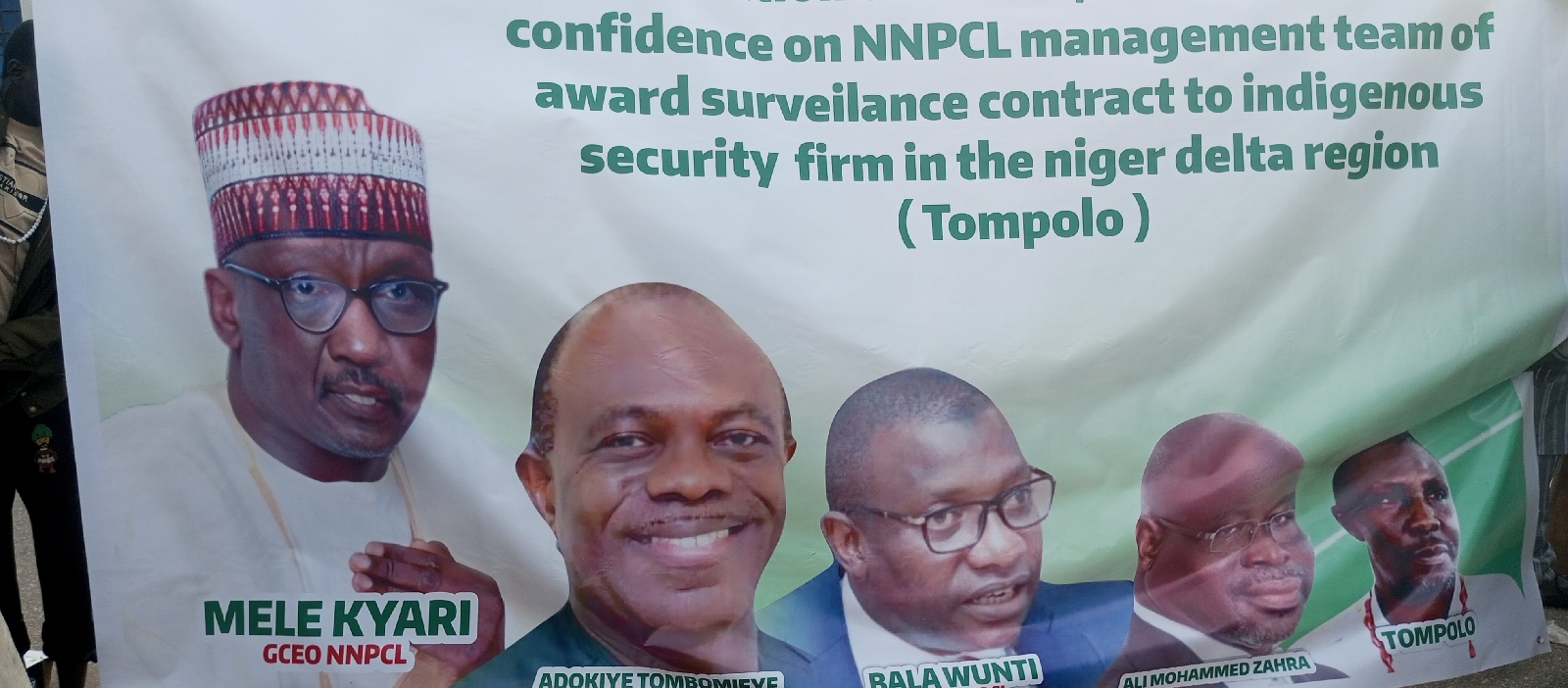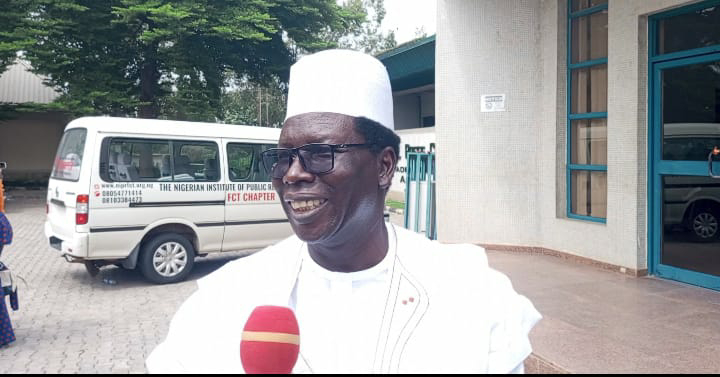Abuja Indigenous Inhabitants Demands Greater Recognition
The association of indigenous inhabitants of Abuja has marked this year's international day of Indigenous people in the Fct, with a call on the federal government to expand opportunities for it's aboriginal inhabitants.
The event took place at the FCTA Social Development Secretariat Pavilion, area 10 Garki Abuja. Thetribes representing Abuja Indigenous associations came in their numbers to celebrate the occation. Dignitaries were present and this e who could not be present sent delegates to represent them.
Former AMAC chairman Mr. Abdullahi Candido was present, senator representing the Fct, Senator Ireti KINGIBE sent a representative and the Hon. member representing AMAC/Bwari federal constituent was present as well as other sons and daughters from the fct.
Here is the speech of SENATOR IRETI KINGIBE INTERNATIONAL DAY FOR THE WORLD’S INDIGENOUS PEOPLE PRESS RELEASE PRESENTED BY HON. SOLOMON DANJUMA ONBEHALF OF THE SENATOR AT INTERNATIONAL WORLD’S INDIGENOUS DAY CELEBRATION AT THE ART AND CULTURE PAVILION AREA 10 ABUJA.
SENATOR IRETI KINGIBE LAUNCHES SPECIAL INDIGENOUS COMMUNITY ENGAGEMENT LIAISON PROGRAM TO COMMEMORATE INTERNATIONAL DAY FOR THE WORLD’S INDIGENOUS PEOPLE 2023
The International Day for the World’s Indigenous People is marked on August 9th every year. It is a day set aside to encourage the protection and promotion of the rights of indigenous peoples, as well as celebrate these communities and their knowledge.
Indigenous Peoples represent the greater part of the world’s cultural diversity. They speak an overwhelming majority of the world’s estimated 7,000 languages and represent 5,000 different cultures. While indigenous peoples are recognized as the stewards of the major part of the world’s biological, cultural and linguistic diversity, they remain a disproportionately underrepresented and marginalized segment of society.
This year’s observance prioritizes three (3) crosscutting focal areas - Climate Action and the Green Transition, Mobilizing for Justice and Intergenerational connections, constituting the theme Indigenous Youth as Agents of Change for Self-determination.
Among these three focal areas, intergenerational connection plays a pivotal role regardless of the challenge of the day, in promoting shared and sustainable progress across indigenous communities.
Intergenerational connection is crucial for advancing indigenous communities’ rights and enabling inclusive development. By sharing traditional knowledge, wisdom, and cultural values across generations, a resilient continuum is formed, enriching community identity and self-determination. This connection empowers youth with ancestral insights while elders benefit from fresh perspectives, ensuring holistic decision-making and sustainable progress. Resulting in a synergy which ensures sustainable practices, preserves indigenous identity, and addresses modern challenges. By bridging generations, indigenous communities fortify their voice, amplify advocacy, and collaboratively craft holistic strategies, safeguarding rights and enabling inclusive development that respects heritage while embracing progress.
In line with the recognition that increased representation and participation of Indigenous communities is crucial for inclusive development, we are pleased to announce the Special Indigenous Community Engagement Liaison Program of Senator Ireti Kingibe’s 2RUHOPE Development Initiative.
The Indigenous Community Engagement Liaison acts as a point of contact, advocate, and ambassador to ensure that development activities and programs align with the interests and aspirations of the community.
There are nine (9) ethnic tribes that collectively constitute the indigenous people of the Federal Capital Territory - Amwamwa, Bassa, Egbira, Gade, Ganagana, Gbagyi, Gbari, Gwandara, Koro and the Hausa/Fulani. The Special Indigenous Community Engagement Liaison Program seeks to select a total of 27 representatives (liaisons) - three (3) from each indigenous community, who will play a crucial role in facilitating effective communication, collaboration, and understanding between indigenous communities and external stakeholders.
This role is primarily focused on bridging cultural gaps, building relationships, and ensuring that indigenous perspectives, knowledge, and interests are respected and integrated into decision-making processes. The liaison acts as a vital link between the indigenous community and the wider world, advocating for the community's needs, concerns, and rights.
The mandate of an Indigenous Community Engagement Liaison is multifaceted, requiring a deep understanding of both indigenous cultural contexts and external stakeholder dynamics. By acting as a bridge between the two, this role helps ensure that indigenous communities are respected, heard, empowered, and that they have a meaningful voice in decisions that affect their lives and territories, contributing to more equitable and sustainable outcomes for all.
For more information, please visit www.2ruhope.org or www.senatoriretikingibe.com









Comments
Post a Comment